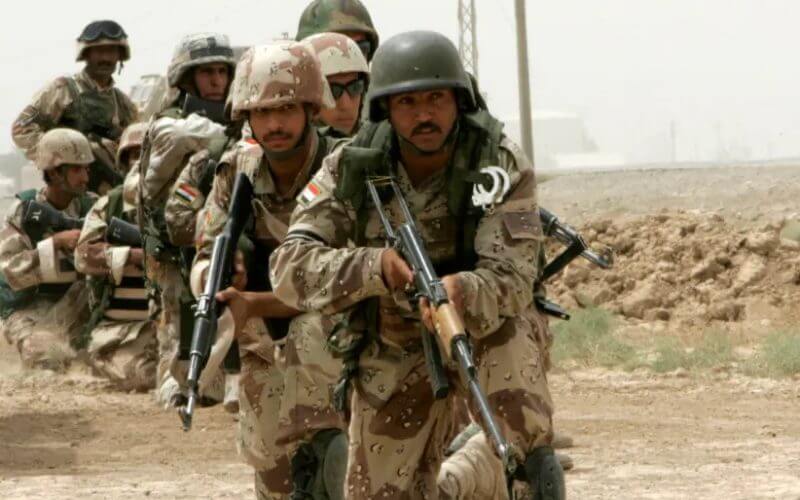In comments that should raise eyebrows around the Middle East and the wider region, Iran’s Islamic Revolutionary Guard Corps (IRGC) Commander Hossein Salami met with Iraq’s Defense Minister Thabet Mohammad Said Reda, offering support for Iraq’s armed forces.
It is not entirely clear what the IRGC might provide but it is already in the spotlight since the US views it as a terror organization and it has received more EU attention.
Iran's desire to get closer to Iraq’s security forces is part of Iran’s regional goal to expand the influence it already has in Iraq. The IRGC said that another part of its goal is to expel the US from the region and also to prevent any “normalization” between Iraq and “the Zionists.”
This means that Iran views its role in Iraq as a way to counter Israel’s ties in the Gulf and to counter the US. This could have potential negative ramifications for the American and European role in the Kurdistan region.
Iran has played a key role in Iraq for years. The IRGC was already linked to key Iraqi politicians at the Interior Ministry and also to unit commanders from the Popular Mobilization Units, or Hashd al-Shaabi.
Related Story: 5 Reasons to Pay Attention to Iraq Right Now









